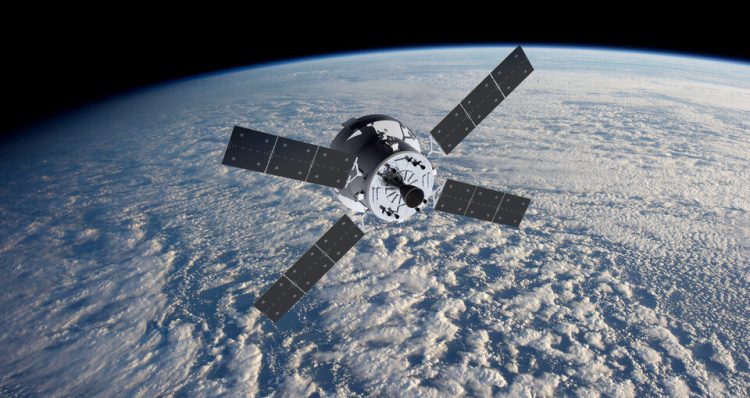
“Pakistan Launches Maiden Lunar Mission ‘iCube Qamar’: A New Frontier in Space Exploration”
Dubai | May 3, 2024 | 0 | Media. , news , Scientific Research

Pakistan has made a historic stride with the launch of its debut lunar mission, “iCube Qamar,” signaling the country’s inaugural venture into lunar exploration. Riding aboard China’s Long March-5 rocket, the satellite embarked on its journey from the Wenchang Space launch site in China’s Hainan province, nestled within the Chang’E6 spacecraft. The live broadcast of the launch on the IST website and Chinese state television captured the nation’s collective anticipation and pride.
Prime Minister Shehbaz Sharif lauded the event as a momentous achievement, underlining iCube Qamar as Pakistan’s inaugural leap into the realm of space exploration. He lauded the dedication and proficiency of Pakistani scientists, engineers, and laborers, drawing parallels with the nation’s accomplishments in nuclear technology.
Deputy Prime Minister and Foreign Minister Ishaq Dar underscored the collaborative ethos of international space cooperation, citing the launch as evidence of the mutual benefits and cooperative endeavors among nations and organizations.
Dr. Khurram Khurshid, a pivotal member of the Core Committee at the Institute of Space Technology (IST), provided insights into the mission’s objectives. He disclosed that the satellite will orbit the moon for a duration of three to six months, capturing intricate images of the lunar surface to propel research initiatives forward.
Conceived in collaboration with China’s Shanghai University and Pakistan’s national space agency SUPARCO, the ICUBE-Q orbiter is outfitted with two optical cameras tailored to capture high-resolution images of the moon’s terrain. This partnership underscores Pakistan’s burgeoning role in space exploration and its steadfast commitment to scientific progression.
The integration of iCube Qamar with China’s Chang’e6 mission holds strategic significance, as the latter aims to collect samples from the moon’s far side for further analysis. This collaborative endeavor marks a significant stride in Pakistan’s space program, laying the groundwork for forthcoming pursuits in space exploration and technological advancement.
Furthermore, the incorporation of a CubeSat satellite underscores Pakistan’s resolve to harness space technology for scientific inquiry and educational endeavors. Recognized for their compact dimensions and standardized design, CubeSats offer a cost-effective platform for a myriad of applications in space exploration and technological innovation.
In essence, Pakistan’s inaugural lunar mission ushers in a new epoch in the nation’s odyssey of space exploration, spotlighting its capabilities and aspirations on the global stage.
